 September 18, 2024
September 18, 2024
In today’s world, indoor air quality has become a critical factor for businesses across industries. Whether you’re running an office, a hospital, or a retail store, keeping the air clean is essential for the health and comfort of employees, customers, and visitors. That’s where commercial HEPA filters come in. In this blog, we’ll dive into what commercial HEPA filters are, why they’re important, and how to choose and maintain them for your business.
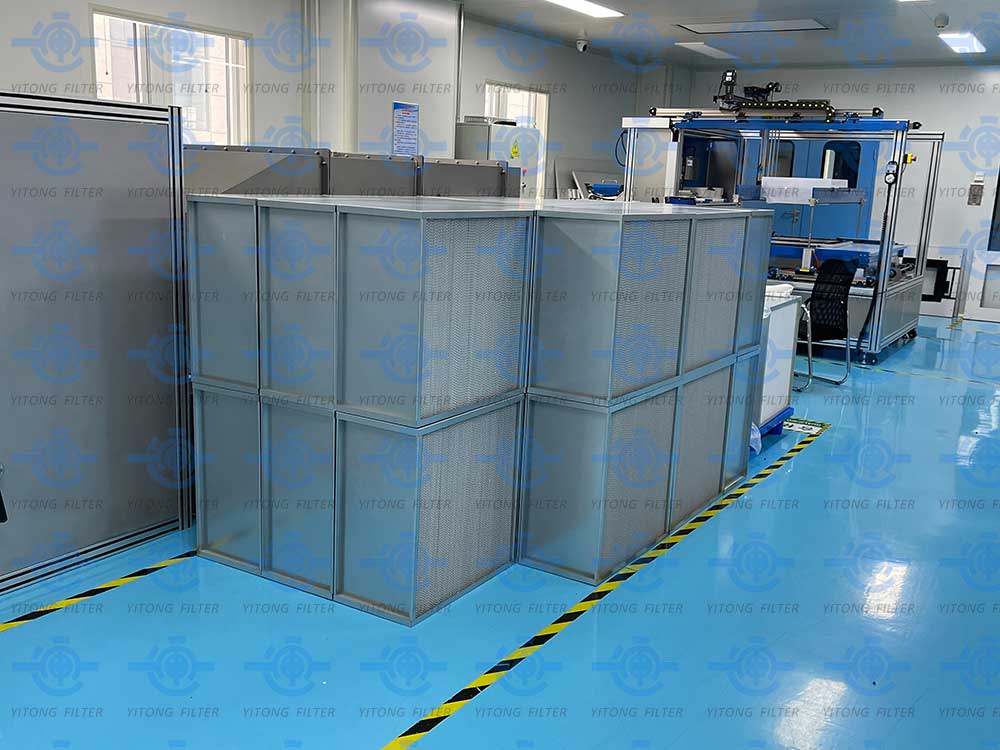
HEPA stands for High-Efficiency Particulate Air. These filters are designed to capture at least 99.97% of airborne particles that are as small as 0.3 microns. This includes common allergens like dust, pollen, pet dander, and even microscopic pollutants like bacteria and viruses. The key difference between commercial and residential HEPA filters lies in their capacity and efficiency—commercial filters are built to handle larger spaces and higher air volumes.
In commercial environments, the need for clean air is even greater. Think about office buildings with hundreds of employees, hospitals that need sterile conditions, or industrial spaces where air pollution can affect both workers and equipment. Commercial HEPA filters ensure that the air in these environments remains free of harmful particles, creating a safer and more comfortable space.
Commercial HEPA filters work by forcing air through a fine mesh that traps harmful particles like dust, smoke, and mold. These filters use three main mechanisms to capture pollutants:
Interception: Particles stick to the fibers in the filter as air passes through.
Impaction: Larger particles collide with the fibers and get stuck.
Diffusion: Small particles move in random patterns, increasing the likelihood of getting trapped by the filter.
In many cases, commercial HEPA filters are used with other components like pre-filters (to catch larger particles) and activated carbon filters (to remove odors and gases). Together, these layers ensure the cleanest air possible for commercial environments.
1. Improved Air Quality
One of the biggest benefits of commercial HEPA filters is the drastic improvement in air quality. By removing tiny pollutants, these filters help create a clean, healthy environment that feels fresh and breathable. This is particularly important in spaces where air quality can have a direct impact on people’s health, such as hospitals or nursing homes.
2. Health Benefits
Poor indoor air quality is linked to a range of health problems, including allergies, asthma, and respiratory infections. Commercial HEPA filters reduce the risk of airborne illnesses by capturing bacteria, viruses, and other harmful particles. For businesses, this means fewer sick days and increased productivity among employees.
3. Compliance with Regulations
Many industries have specific air quality regulations that must be followed. Commercial HEPA filters help businesses comply with these standards, avoiding fines and ensuring a safe, healthy environment for employees and visitors.
4. Energy Efficiency
When integrated into an HVAC system, commercial HEPA filters can improve energy efficiency by allowing the system to work more effectively. Cleaner air means less strain on the HVAC system, leading to lower energy costs over time.
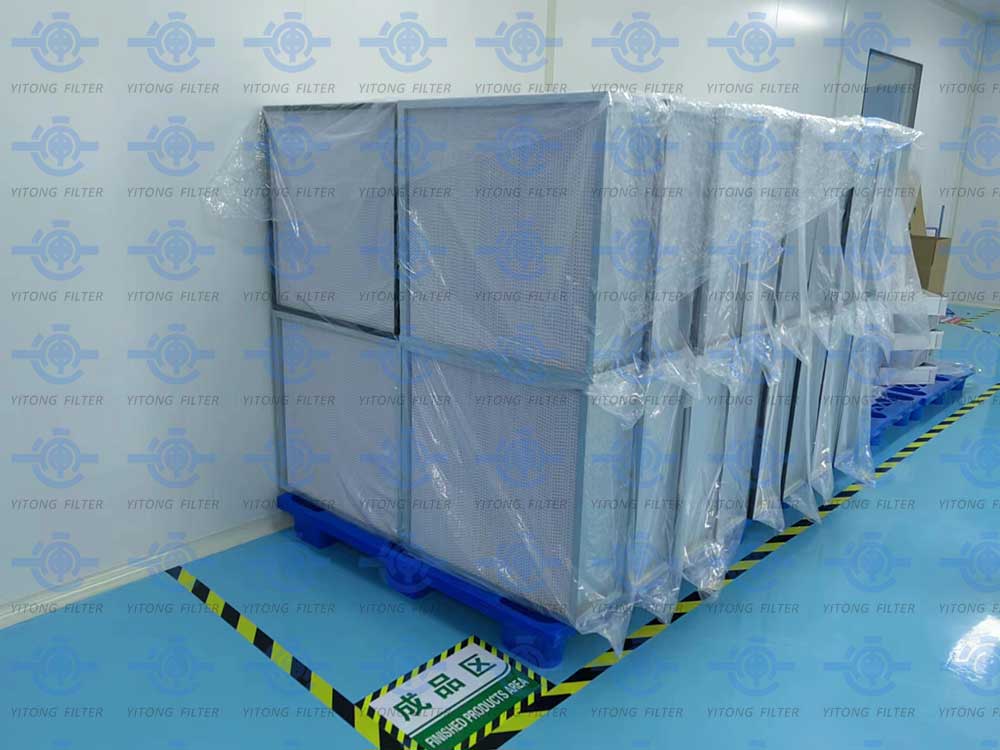
Commercial HEPA filters are used in a wide range of industries to ensure clean air and protect health:
Healthcare Facilities: Hospitals, clinics, and laboratories rely on HEPA filters to maintain sterile environments and prevent the spread of airborne diseases.
Office Buildings: Clean air improves employee health and productivity, making HEPA filters a popular choice for large office spaces.
Industrial & Manufacturing: In industries like food production or pharmaceuticals, HEPA filters prevent contaminants from affecting products and workers.
Educational Institutions: Schools and universities use HEPA filters to protect students and staff from pollutants that can cause allergies or illness.
Retail Spaces: Clean air contributes to a better customer experience, especially in environments like malls, where foot traffic is high.
Selecting the right commercial HEPA filter depends on several factors:
Size of the Space: The filter must be powerful enough to handle the volume of air in the building.
MERV Rating: The Minimum Efficiency Reporting Value (MERV) rating measures how effectively a filter captures particles. A higher MERV rating means better filtration, but it’s important to balance filtration efficiency with airflow needs.
Air Exchange Rate: This refers to how often the air in a room is completely replaced. High-traffic areas need more frequent air exchanges.
Compatibility with HVAC Systems: Make sure the HEPA filter can be integrated into your existing heating and cooling systems without causing issues with airflow or energy efficiency.
To keep your HEPA filter functioning at its best, regular maintenance is crucial. Here are some key points to consider:
Cleaning vs. Replacing: Some HEPA filters can be cleaned, but most commercial-grade filters need to be replaced periodically. Over time, they become clogged with particles and lose their effectiveness.
How Often to Replace: The frequency of replacement depends on the usage. In high-traffic areas like hospitals, filters may need to be changed every few months. In less demanding environments, they can last up to a year.
Signs You Need to Replace Your Filter: If you notice decreased airflow, strange noises, or bad odors coming from your HVAC system, it’s time to check and possibly replace the filter.
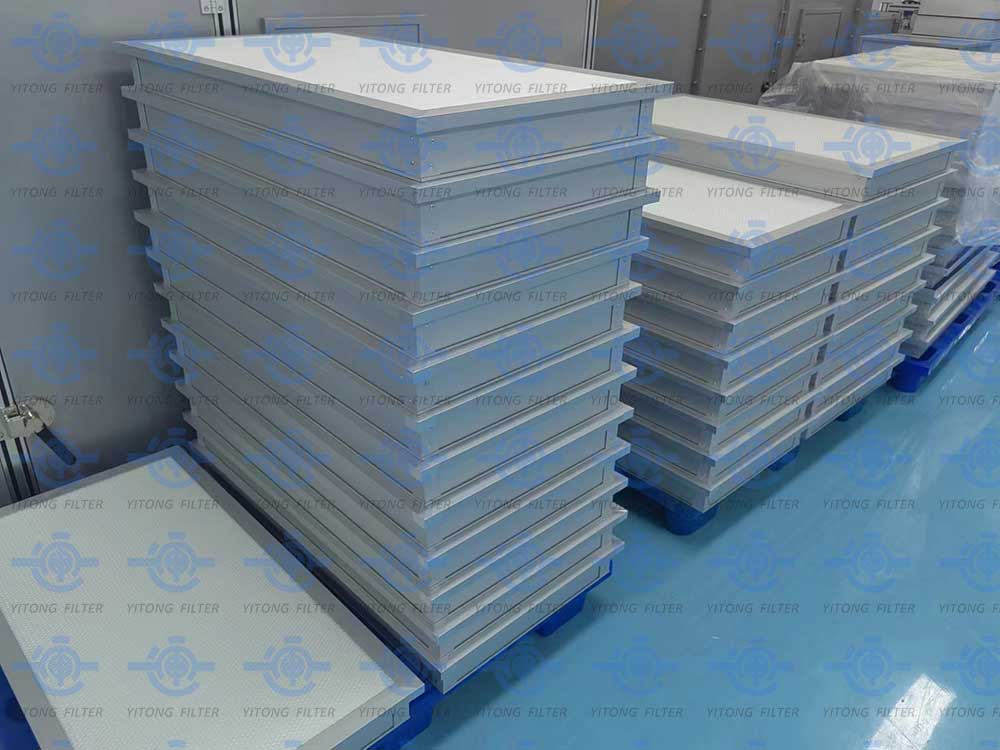
While commercial HEPA filters can be a significant investment upfront, they offer long-term savings in several ways:
Reduced Energy Costs: Cleaner air puts less strain on your HVAC system, leading to lower energy bills.
Fewer Sick Days: With fewer airborne contaminants, employees are less likely to get sick, improving overall productivity.
Extended Equipment Lifespan: HEPA filters prevent dust and debris from building up in machinery, which can extend the life of expensive equipment.
As technology advances, we’re seeing new trends in HEPA filtration:
Sustainability: Eco-friendly HEPA filters made from recyclable materials are becoming more popular, offering businesses a greener option.
Smart Filters: Some modern filters come with built-in sensors that monitor air quality and send alerts when it’s time for maintenance or replacement.
Improved Filtration Technologies: Ongoing research is developing even more efficient filters that can capture smaller particles without sacrificing airflow.
Conclusion
Investing in commercial HEPA filters is a smart move for any business that values clean air, health, and compliance with regulations. From improving indoor air quality to boosting energy efficiency, the benefits are clear. Make sure to choose the right filter for your space and maintain it regularly to enjoy long-term advantages.
Clean air is essential, and with the right HEPA filter, your commercial space can provide a safer and healthier environment for everyone who steps through the door.
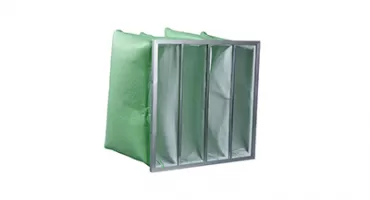 Jul. 31, 2023
Ultimate Guide to Air Filtration for Paint Booths
Jul. 31, 2023
Ultimate Guide to Air Filtration for Paint Booths
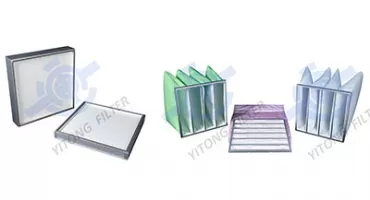 Aug. 09, 2023
Differences between F8 and F6 Medium Efficiency Filters
Aug. 09, 2023
Differences between F8 and F6 Medium Efficiency Filters
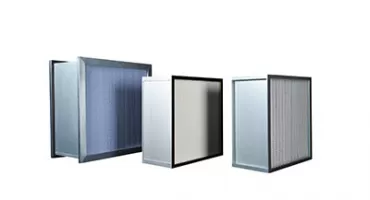 Jun. 26, 2023
How often should HEPA filters be replaced in an air shower room?
Jun. 26, 2023
How often should HEPA filters be replaced in an air shower room?

